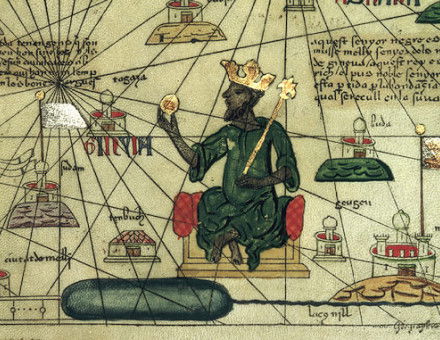Volume 32 Issue 1 January 1982
Although Kensington Palace was the official residence of Edward, Duke of Kent, and the birthplace of his daughter, the future Queen Victoria, his attempts to repair and renovate the building, explains Olivia Brand, met with only limited success.
The framework for the police of nineteenth century France, argues Clive Emsley, emerged out of the reorganisation of the Revolution and the reforms of Napoleon.
This month History Today publishes the first in a new regular series of bibliographical essays on a wide variety of historiographical topics. The idea of the series is to survey the subject and to provide a guide to the most important and most recent books about it. In the first of the series, Douglas Johnson looks at the French Revolution.
German cartoonists, explains W.A. Coupe, told in stark visual language of the growing bitterness felt by their countrymen at the terms of the 1919 Peace Treaty.
There is evidence, argues Adrian Tronson, to suggest that the 13th-century Mali empire, and its ruler Sundiata, were strongly influenced by the life of Alexander the Great, 356-323 BC, an influence that was to be capitalised on in the late 1950s.
Gordon Daniels on the sustained bombardement of the Japanese mainland, prior to the use of the Atomic bombs.
Jean-Pierre Lehmann explores Japan's transition from isolation to internationalisation.
Richard Sims looks at Japanese fascism in the 1930s.
The Japanese Emperor Hirohito, introduced by Richard Storry.




